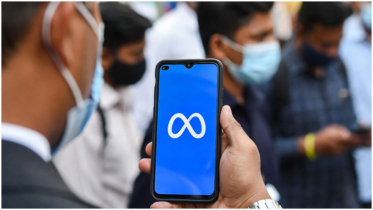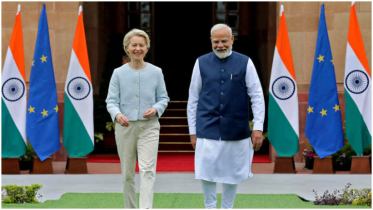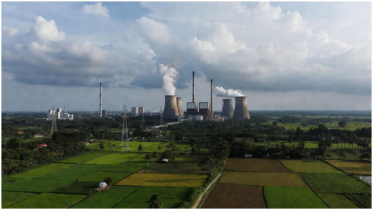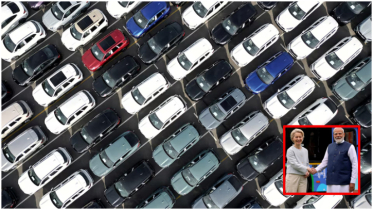35% tariff: Bangladesh, US 'agree on most issues' as 1st day of talks ends
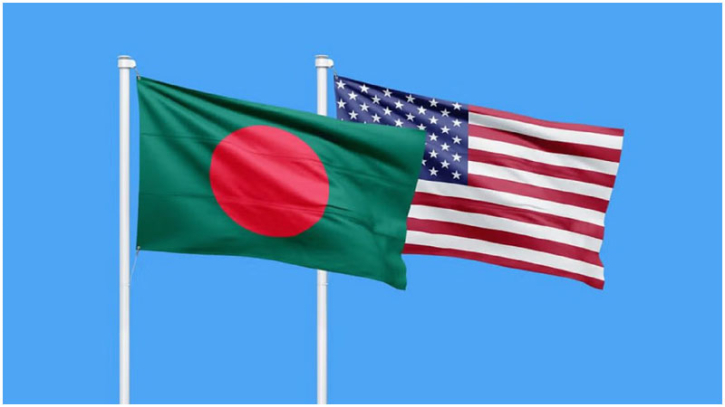
The first day of the second round of tariff negotiations between Bangladesh and the United States has concluded in Washington, DC, with both parties reportedly reaching consensus on most issues during the discussion, according to an official of the Bangladesh Embassy in the US capital city.
In a Facebook post shared at 3am Bangladesh time Thursday (10 July), Golam Mortoza, press minister at the Bangladesh Embassy, said, "The first day of discussions on Bangladesh-US tariff issues has concluded. Talks will continue tomorrow (10 July) and the day after.
"Both sides have agreed on most points in terms of logic and arguments. However, it is too early to comment on the tariff issue."
He said Commerce Adviser Sheikh Bashir Uddin led the negotiations on behalf of Bangladesh, while National Security Adviser Dr Khalilur Rahman and Chief Adviser's Special Assistant Faiz Ahmad Taiyeb joined the discussions virtually from Dhaka.
The first meeting of the second round of negotiations with United States Trade Representative (USTR) officials aims to finalise a draft bilateral trade agreement that could grant Bangladesh an exemption from the 35% tariff set to be imposed by the US.
This morning, Shafiqul Alam, the chief adviser's press secretary, in a statement shared on his Facebook profile, said that both sides will resume their meeting at 9pm Bangladesh time on Thursday. Talks will also be held on Friday, he added.
"The talks were very comprehensive, touching upon almost all the key aspects of the trade relationships between the two nations," he said.
Power, Energy, and Mineral Resources Adviser Muhammad Fouzul Kabir Khan wrote in a Facebook post, "I spoke with Commerce Adviser Sheikh Bashiruddin. The first day of the three-day trade negotiations between the United States and Bangladesh has concluded. The discussions will continue tomorrow and the day after."
"On the first day, the discussion was extensive. Representatives from all sectors, including agriculture, trade, energy, and intellectual property, were present on the US side. Our delegation responded to all their questions and listened to their statements," he added.
He further wrote, "Tomorrow, our commerce adviser will hold a meeting with the US Secretary of Commerce. Now we must patiently wait for the conclusion of the negotiations."
Adviser Bashir said that the commerce ministry is open to offering US products tariff concessions if needed and does not expect the local private sector to suffer from increased US imports.
Additionally, the government has initiated the process of purchasing Boeing aircraft from the US and has increased imports of LNG, wheat, and cotton from the country since April.
US President Donald Trump earlier announced a reduction in tariffs on garments from Bangladesh's key competitor, Vietnam, to 20%. Proposed tariff rates for India, Pakistan, Indonesia, and China are also lower than those for Bangladesh.
US President Donald Trump sent letters to the heads of 14 countries imposing tariffs ranging from 25% to 40%.
Bangladesh will be subjected to a 35% tariff effective from 1 August, read the letter to Chief Adviser Muhammad Yunus.
This rate is 2% lower than his initial rate announced three months ago, but significantly higher than close rival Vietnam (in the field of RMG), which recently secured a trade deal with the US under which its goods will be charged a tariff of 20%.
In each of his 14 letters, Trump warned against any retaliatory tariffs, threatening reciprocation from the US.
"If for any reason you decide to raise your Tariffs, then, whatever the number you choose to raise them by will be added onto the tariffs that we charge," Trump wrote.
.png)

